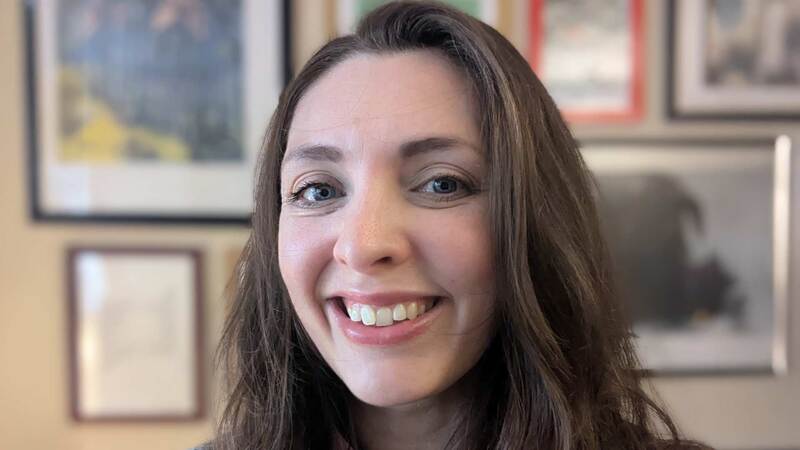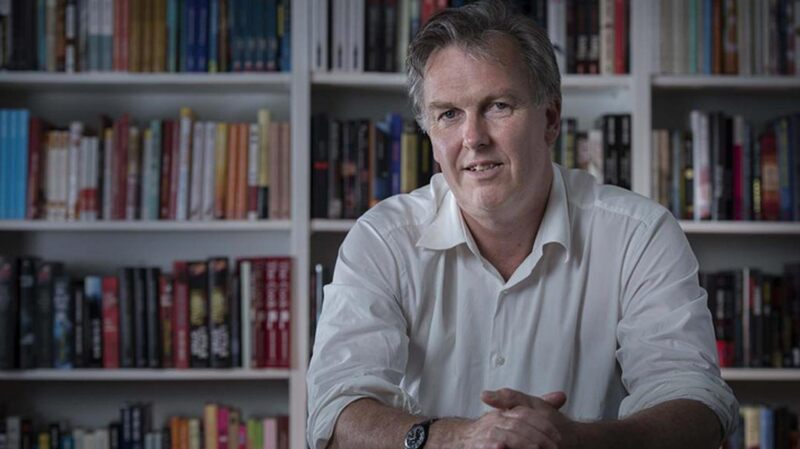You are viewing your 1 free article this month. Login to read more articles.
Review of 2020: fiction, kids' and self-help boost global territories
Despite vast cultural differences, there were commonalities across Nielsen BookScan’s five-continent-spanning international territories last year, with readers—as they did in Britain—to fiction, children’s books and self-help/wellbeing titles to help them through a difficult 12 months.
As noted earlier this week, Ireland was the star of the BookScan global league table, with a pandemic-defying boom and its highest sales total in 12 years. Value rose 9.5% to €161.4m in 2020, while volume climbed 7.8% to 13.1 million units.
While Ireland’s numbers are a significant uptick, they are slightly inflated by 2020 being a 53-week year, compared to 52 weeks for 2019, and a modest expansion of BookScan’s Irish panel (the number of booksellers it collects data from). While those caveats on Ireland’s market were negligible, there were slightly more pronounced ones for India, Australia, Brazil and Mexico and year-on-year comparisons cannot truly be made.
Two of the three countries without panel expansions—Spain and Italy—had double-digit percentage volume slumps. Again, we are comparing 53 to 52 weeks, but this tallies with those countries’ early and lengthy lockdowns. New Zealand’s volume sales were flat year on year, which scans, given the country’s much-praised management of the crisis.
A blue streak
After the UK and Italy, Australia is BookScan's third biggest territory by volume, and it recorded sales of 67 million units and AUS$1.2bn in 2020. The biggest books property by some distance Down Under is Bluey pictured right, Penguin Random House Australia’s answer to Peppa Pig. Books from the series, which follows the adventures of the titular Blue Heeler cattle dog and his family, notched up first and third place in the charts, and claimed seven of the top 20 spots.
Bluey was not the only repeat in the Aussie top 20. Trent Dalton became the biggest thing in Australian letters with his critically acclaimed 2018 semi-autobiographical coming-of-age debut novel, Boy Swallows Universe. It has shifted more than 600,000 units in Australia since launch, 126,000 of them in 2020, edging 100 copies ahead of crime writer Jane Harper’s The Survivors to earn the crown as last year’s top homegrown adult fiction title. Dalton’s 2020 follow-up, All Our Shimmering Skies, just misses out on the top 10, shifting 119,000 units. Dalton is published in the UK by The Borough Press; Boy Swallows Universe has sold 3,700 units since its 2019 UK release. All Our Shimmering Skies is out this May... perhaps 2021 is the year the Pommies will discover Dalton?
Kiwi celeb chef Chelsea Winter’s plant-based Supergood is top of the charts in New Zealand (total market: 6.4 million units for NZ$140m). Winter won “Masterchef NZ” in 2012, and her first four releases were New Zealand’s top-selling cookery book in the year of their issue; her last two, Supergood and 2017’s Eat, both topped the overall year-end charts.
India (total market: 29.7 million units for Rs10.2bn) is, as in most years, dominated by self-improvement and wellbeing: 16 of the top 20 titles would slot in those genres; 17, if you included Paulo Coelho’s hardy perennial The Alchemist. The runaway hit has been an import, Ikigai, Héctor García and Francesc Miralles’ 2017 guide to the Japanese secrets of living a long and happy life.
Italy (total market: 76.5 milliion units, no value data available) turned to fiction like no other territory in 2020: the eight bestselling titles of the year are novels. It is rare that a title in translation tops the full-year Italian charts, but French novelist Valérie Perrin’s Cambiare L’acqua ai Fiori (published by Europa Editions in the UK as Fresh Water for Flowers) was a smash. First published in Italy 2019, it sold respectably but did not hit its stride until lockdown, with the country perhaps responding to a funny, moving yet somewhat mordant novel (the main character is a caretaker at a cemetery). It continues to dominate in 2021, with Perrin’s book the top-seller for the first four weeks in January.
Second place is the late, great crime writer Andrea Camilleri with a last outing for his Inspector Moltabano, Riccardino. Camilleri, who died in 2019, wrote Riccardino in 2005 and gave it to his publisher with instructions to release it after his death. In non-fiction, the big trend was Dante Aligheri, with a number of titles released in autumn 2020 about the Florentine poet in anticipation of the 700th anniversary of his death this year. Aldo Cazzullo’s To See the Stars Again: Dante, the Poet Who Invented Italy was in 10th place, while Alessandro Barbero’s Dante shifted just under 105,000 copies to hit 12th.
Historical fiction reigned in Spain (total market: 55.4 million units on ‚Ǩ873.1m), with Arturo Pérez-Reverte’s Spanish Civil War-set Linea del Feugo (Line of Fire) at number one, with another seven novels set in the past in the top 20. Pérez-Reverte’s take on Spain’s national hero El Cid, Sidi, was in 16th. Ken Follett’s The Evening and the Morning is the only translation from English to appear in both the Spanish and Italian top 20, in fifth and fourth place respectively. Follett is adored in both countries, particularly Spain. There is even a statue of Follett in the Basque city of Vitoria in front of the Cathedral of Santa María, the structure of which inspired his Kingsbridge novels.
Church and state
The change in Brazil's (total market: 43.4 million units for R$1.8bn) book trends is interesting. At the beginning of the 2010s spirituality ruled, led by a series of massive bestsellers by pop-star priest Father Marcelo Rossi. Now, with the country in difficult financial straits and entering the third year of Jair "The Trump of the Tropics" Bolsonaro's chaotic presidency, readers have turned to secular self-improvement, with the likes Mike Manson’s The Subtle Art of Not Giving a F*ck and Charles Duhigg’s The Power of Habit; and are focussing on getting a few more Reals in their bank accounts, with YouTube investment star Thiago Nigro atop the charts. Brazil has the fewest homegrown authors, only one in the top 10, astonishing given the size of its market (the equivalent of £250m sold through BookScan to, say, New Zealand’s £73m).
With nine spots, the Mexico (total market: 13.8 million units for Mex$3.1bn) top 20 has the most children’s titles across the BookScan territories, led by a cheap-as-chips version of The Goose that Laid the Golden Egg, with its Mex$19.31 (70p) a.s.p. Investigative journalist Anabel Hernández’s El Traidor, the story of how the Sinaloa drugs cartel gained power, easily tops the charts in value terms, and at Mex$18.2m, it is the only title to shift eight figures through BookScan.















